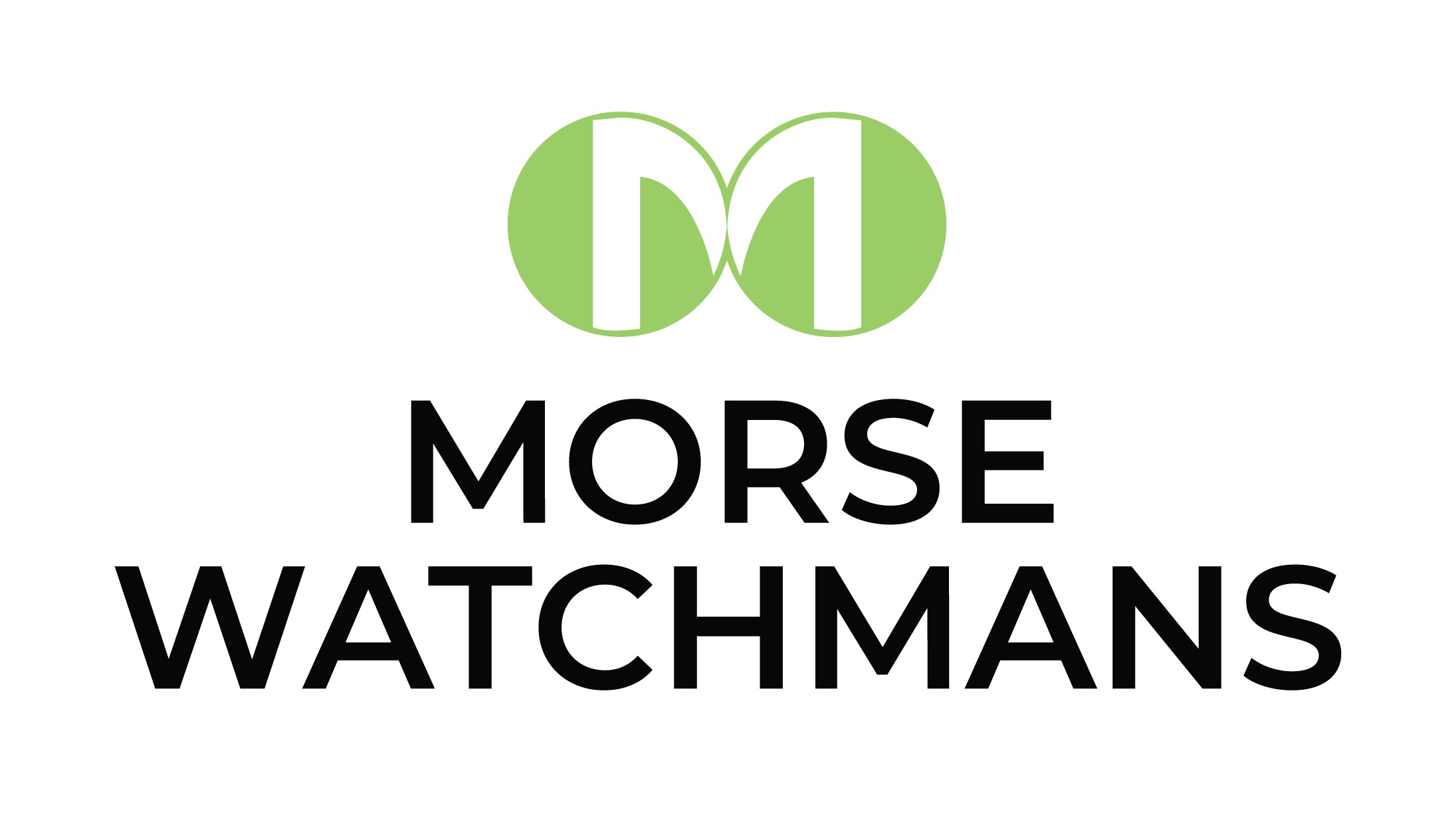ROI, or Return on Investment, is a term frequently used to refer to products or solutions purchased by a company and the capital return realized on that investment. It is a tangible way to measure the performance of those products or solutions, and often of the individuals who recommended their purchase. In any organization there may be several ways to measure ROI when a capital expenditure is made, including expanded reach or increased customer conversion/activity.
One measurement commonly used to determine ROI on the implementation of an automated key management system is employee productivity. Consider the gains made possible in a high-rise hotel application when key control cabinets are installed on various floors of the hotel for the housekeeping staff. Rather than the time consuming procedure of standing in line at a single location to sign in, receive any special assignments and manually access and sign for keys on a key log, all of which can take up to 20 minutes both at the start and end of a shift, staff can go directly to their assigned floor manager’s office. Here, they are provided with daily assignment sheets and can clock in and remove their keys from the key cabinet all at once – a time savings of approximately 12 to 15 minutes. Multi-language programming can further speed this process.
With key control there is no more wasted time standing in long lines, no more signing log books and no more buddy punching or forgetting to log in or out. The key management system eliminates these issues and makes the procedure faster and easier. Most often an employee’s pre-programmed access control card is all that is needed to access or return a key from the cabinet, and all access activity including the time and the individual’s name is automatically recorded. Alerts can also be sent to the floor manager if an individual tries to remove a key which he or she is not authorized to use, or to leave the building without returning a key.
Calculating the ROI is simple and with these kinds of savings, automated key control systems speak for themselves.



